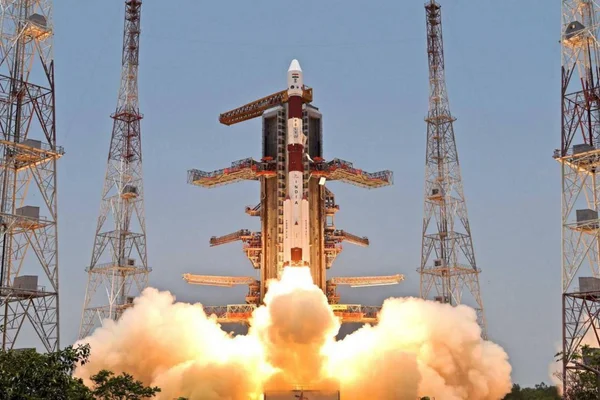Indian Space Research Organisation’s (ISRO) first polarimetry mission, X-ray Polarimeter Satellite (XPoSat), successfully achieved a precise circular orbit.
What is XPoSat?
- XPoSat stands for X-ray Polarimeter Satellite, India’s pioneering mission aimed at analyzing X-ray polarisation from celestial sources.
- Positioned at a low Earth orbit of approximately 650 km, the satellite is expected to have a mission life of five years.
Significance of the Mission:
- It is the world’s second satellite-based mission dedicated to X-ray polarimetry measurements.
- XPoSat will allow scientists to study polarised X-rays from various cosmic entities, enhancing our understanding of celestial bodies and the universe.
- The mission’s primary focus is to observe polarised X-rays during certain astronomical events, providing valuable insights into the nature and behavior of neutron stars, magnetars, and other celestial phenomena.
Scientific Payloads on XPoSat:
- POLIX: A pioneering instrument in the medium X-ray band of 8 to 30 kilo electron Volt (keV), designed for precision and capturing light from bright sources.
- XSPECT: Aimed at conducting fast timing and high-resolution spectroscopy in the soft X-ray energy band (0.8-15 keV), observing a variety of cosmic phenomena.
Why Study X-ray Polarisation?
- Understanding X-ray polarisation helps in revealing the physics behind high-energy astronomical sources.
- It allows scientists to delve into the properties and behaviors of black holes, magnetars, and neutron stars by examining how X-rays interact with the surrounding environment.
Global Context and Comparisons:
- While X-ray polarimetry is a challenging field with few missions attempted worldwide, XPoSat’s POLIX payload expands capabilities beyond what has been achievable before.
- XPoSat complements other missions like NASA’s IXPE, offering expanded observational energy bands and contributing to a more comprehensive understanding of cosmic phenomena.
Ref: Source
| UPSC IAS Preparation Resources | |
| Current Affairs Analysis | Topperspedia |
| GS Shots | Simply Explained |
| Daily Flash Cards | Daily Quiz |




